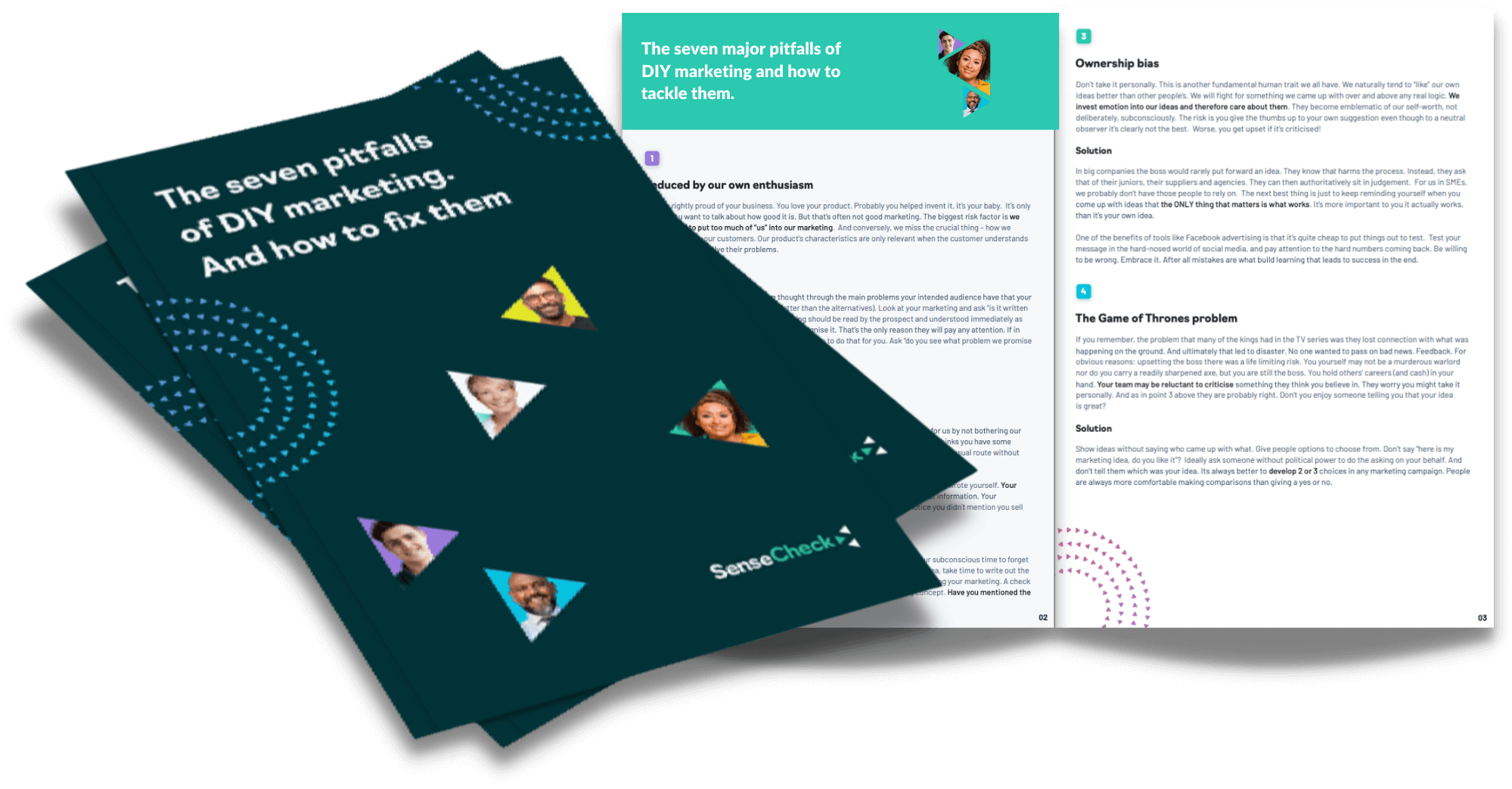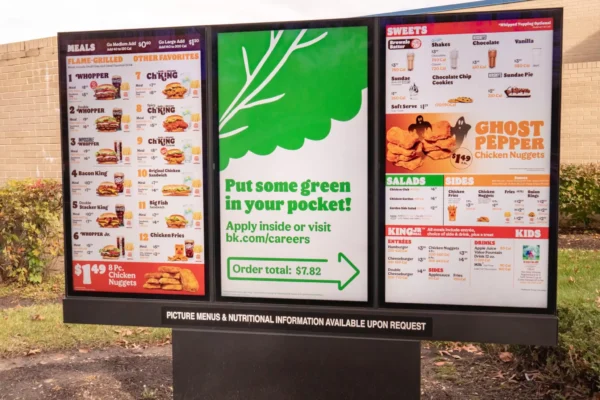Your colleague sends out an email with a key message from management regarding daily work processes. She aims to communicate this message in a way that encourages your team to adjust the way they work.
But when the email reaches you and your team members, everyone reads something different into the text. Some say your colleague sounds angry. Others claim she is being condescending. Many people hear the message she is trying to convey, but because of the way the email is phrased, they don’t think they need to take it seriously.
What’s the issue here? Why has the one, core message of this email been lost amidst different interpretations?
According to a 2005 study on Egocentrism Over Email, the issue behind this kind of communication error lies in our tendency to view the world through the lens of our own lives. We are blinded by our egocentrism – the difficulty of looking beyond our understanding of a stimulus.
In marketing, this translates to the inability to move past one’s subjective experience of a message, to imagine how others view your message.
Let’s look at the study. The researchers worked together to conduct 5 separate experiments, each designed to analyse whether people tend to be overconfident in their ability to convey a message via email, and why this is.
The first study looked at the communication of sarcasm via email. Participants were given 10 topics and asked to write two sentences about each, one serious and one sarcastic. The recipients of the email had to guess which sentences were sarcastic, and the senders predicted how accurate the recipients’ assessments would be.
The senders predicted that 97% of their topics would be correctly decoded, but only 84% actually were.
The second study compared the communication of sarcasm via email with communication via speech (in a recording, not face-to-face). It was easier for participants to communicate via speech because they could use vocal inflections to convey their meaning. Recipients who listened to the statements decoded nearly three-quarters of them, compared with an accuracy rate of 50% among those who read them on email.
The third study added another dimension – communicating vocally, face to face. Unsurprisingly, this form of communication was the easiest and most accurate.
All three initial studies confirmed the premise that we don’t communicate as effectively as we think, particularly over mediums that have a limited range of modes of expression – such as email.
But why is this the case? In studies 4 and 5, the researchers were able to demonstrate the connection between inaccurate communication and human egocentrism. The reality is, we view the world through our eyes, not others’, and this informs how we communicate.
In a marketing context: you cannot know how your strategy will be received by your market, only how your team THINKS it will be received, based on their perception of their own idea. You need input from someone outside your team to truly understand how your message comes across.
But what does this look like? You could ask your market – polls, questionnaires, feedback forms – but this can be pricey and time-consuming, and it’s often difficult to get people to respond. You could ask your family and friends, but they are likely to be biassed since they won’t want to upset you.
Your best option is to ask a colleague in the marketing world who does not work for your business or know your product. But where do you find such a person outside your friendship circle?
This is where SenseCheck comes in. We provide you with a panel of objective, third-party experts in areas relevant to your business, to take a look at your work and give you their honest, most useful feedback. Simply submit your idea, marketing collateral, video, blog, strategy, campaign, etc, and our SenseCheckers will take a look and let you know what they think.
You can submit the following to us:
- Homepage copy
- Landing page copy
- Email campaigns
- Adverts
- Social media posts
- Your logo
- Display stands
- Brochures
- Etc.
The SenseCheck panel then assesses your submission and prepares constructive feedback for you and your team, to make your work that much better.
Our aim is to provide you with the kind of useful criticism that will take your work to the next level. We argue that this kind of feedback should be central to any marketing strategy.
Sign up here for a free trial and see for yourself!






